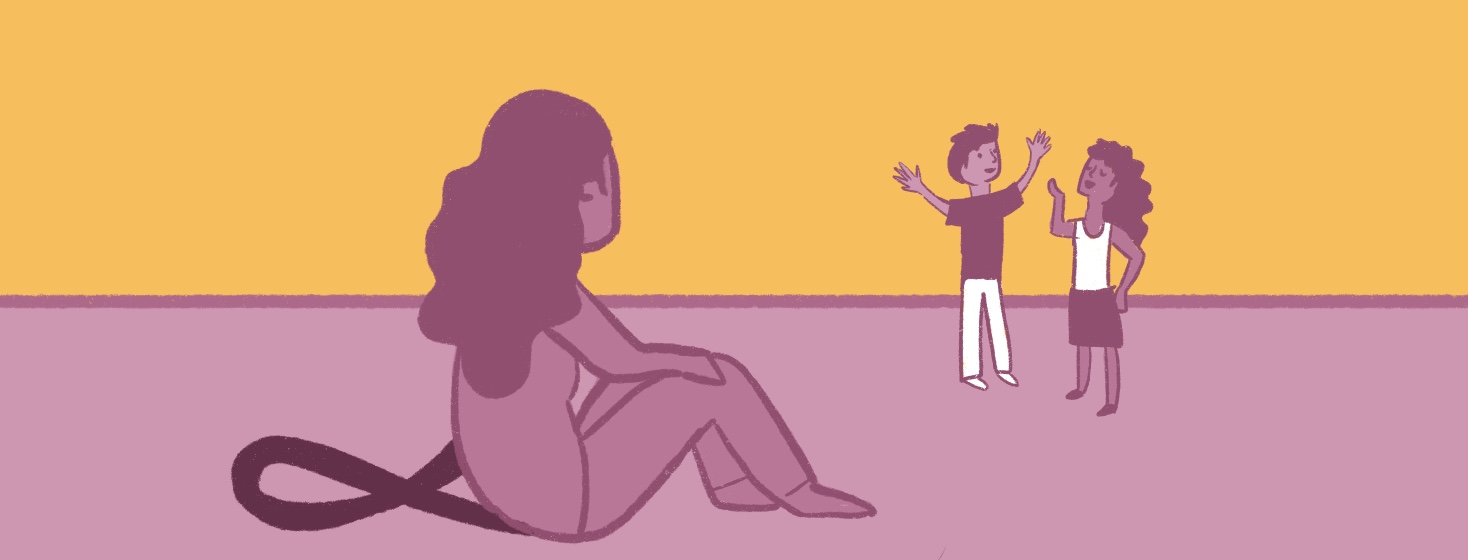The Effect Lung Cancer Has On Relationships
It is hard to say which part of lung cancer is harder: the physical pain of the diagnosis or the emotional pain that creeps in when friends and loved ones do not show as much support as we would hope for. In fact, sometimes loved ones and friends disappear altogether. To start a conversation about the effects of lung cancer has on relationships often change during the journey, we reached out to community members on our Facebook page and asked: “Have friends or family treated you any differently since your diagnosis?”
More than 50 people with lung cancer answered. Here is what was said.
When loved ones disappear after a cancer diagnosis
One of the most painful parts of lung cancer is that not all friends, partners, and family members, will stick around through this challenging time. Granted, a spouse leaving is far from the norm, but it does happen. Too often, people do not know how to handle discomfort – either theirs or someone else’s. To witness someone’s pain and the uncertainty that lies ahead can be too much. When loved ones disappear or pull back, it can be helpful to expand your social circle. This may mean making friends with someone else who is going through chemo when you are or connecting with others at church or online support groups. It may not look how you expected it to look, but support is out there.
“Oh yes, they act like it is contagious! Now I have no one!”
“Like I never existed.”
“Yeah, my husband left me.”
When coworkers and friends step away following diagnosis
When folks in our outer circle step back, it could be because they do not know what to say or how to help. In some cases, this might be best. However, if you did really enjoy time with a friend or coworker that you have not heard from since your diagnosis, it is OK to reach out and suggest coffee or even a simple phone call. Sometimes people get frozen in inaction, but when we say what we need and what we would like their support to look like, it does give people a chance to step up.
“Yes, I worked 17 years for a company and not one single person from the company has even tried to call me.”
“I have noticed that they either support you 100 percent or do not talk to you because they do not know what to say.”
Finding support after a lung cancer diagnosis
Many in the community shared that their families and loved ones stepped up to really support them the whole way, from every doctor visit to every day of bed rest. This is really the most one can hope for: that our people show up. In many cases, friends and loved ones do not know what to say or how to be supportive. It is OK to ask for exactly what you need, whether that is a grocery delivery or a friend to sit with their arm around you for an hour.
“My family was the greatest through it all. They could not be more supportive.”
“My family has been very supportive.”
“I think everyone was kind and caring. We stayed with our son and sweet daughter-in-law for 6 months. We are now back at our home, where my daughter and granddaughter come every other weekend to see about our needs. I thank God for my husband, who takes care of me every day.”
“Most of my family is in another state. My son is with me, and he was very supportive. He went with me for my initial scans and doctor visits, and asked questions.”
Continue the conversation
Thank you to everyone who shared responses with us. We are grateful to hear your experiences – whatever they may be – so other community members know they are not alone on this path.
Has lung cancer affected your relationships?

Join the conversation